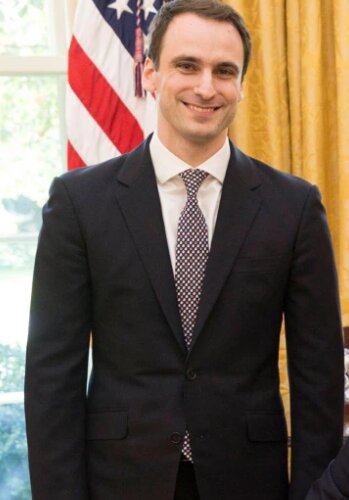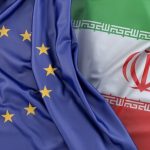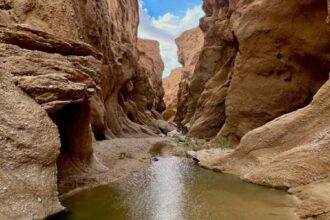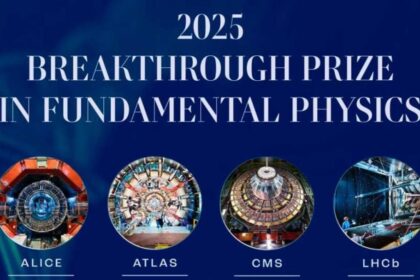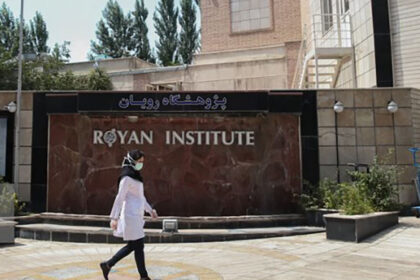Donald Trump has quickly chosen his confidants with a focus on artificial intelligence, but their potential recommendations for the rest of science remain unclear.
According to RCO News Agency, “Donald Trump” did not have an official scientific advisor for almost half of his first presidential term, which was from 2017 to 2021, but his second presidential term has taken a different form.
According to Nature, As Trump prepares to take office for a second term on January 20, he has announced nominees for three key science advisory positions. Some hope this will signal greater interest in science and technology, but there is much uncertainty about how science advisors will shape the United States.
If confirmed by the US Senate, Michael Kratsios, who served as chief technology officer during Trump’s first term, will head the White House Office of Science and Technology Policy, which coordinates science policy across the US government. . Also, Kratsius will be the president’s scientific advisor.
Michael Kratsius
Tech investor David Sacks will be the new administration’s artificial intelligence and cryptocurrency czar, as well as head of the President’s Council of Advisors on Science and Technology, a body of research and industry experts outside the White House.
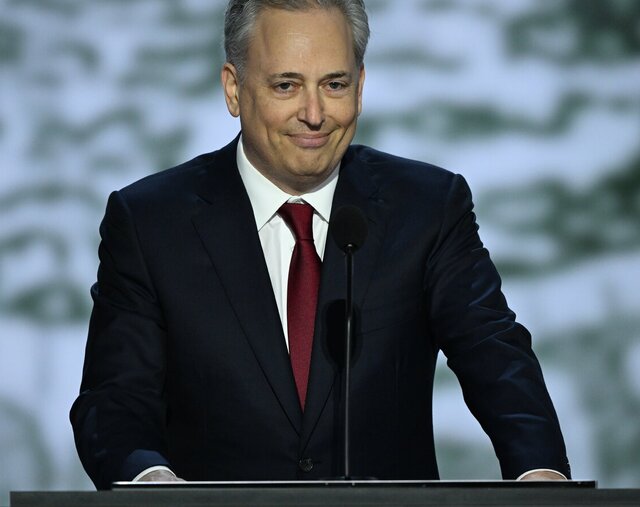
David Sachs
Robotics expert Lynne Parker, who led artificial intelligence efforts during the first term of the Trump administration, has been tapped for a new role assisting Kratsius and Sacks.
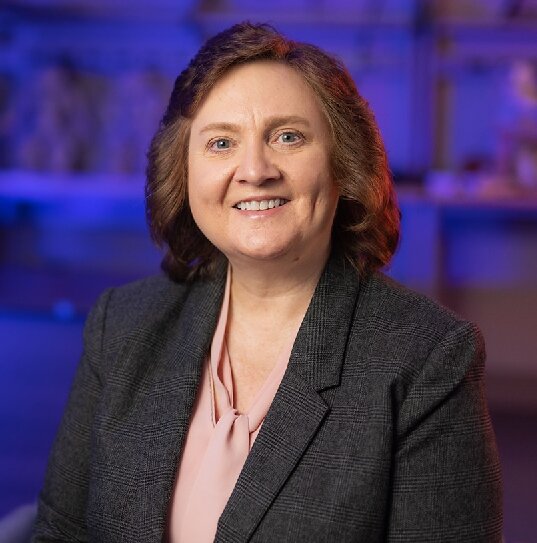
Lynn Parker
Kirstin Matthews, a science policy researcher at Rice University, believes that Trump’s focus on artificial intelligence has led to the rapid appointment of these advisers.
The advisers did not respond to Nature’s requests for comment.
In a statement published on the social media platform “Truth Social”, the President-elect said that his group of scientific advisers will create scientific breakthroughs, ensure America‘s mastery of technology and usher in a golden age of innovation in America. will create
Nature spoke to policy experts, including a former U.S. science adviser, about the new group and what advice they might offer Trump.
Science advisors to the President of the United States can have a strong influence on policy. One of the examples that researchers often mention is John Holdren, a physicist who was the scientific advisor to the president and the head of the science and technology policy office of the White House during the presidency of Barack Obama between 2009 and 2017.
Many researchers were disappointed with the presidential science policy in the first term of the Trump administration. At that time, the president made anti-science decisions on various issues. For example, during the Covid-19 pandemic, Trump downplayed the dangers of the coronavirus and sidelined government researchers.
Researchers have supported Trump’s decision to choose Kratsius. In an interview with Nature, Holdren said: I believe this decision will help Trump’s credibility and will benefit Kratius as well.
“Kenneth Evans” (Kenneth Evans), a policy researcher at Rice University, said: Although Kratsius lacks a background in science policy, he was a bright spot in the first Trump administration.
Tobin Smith, senior vice president for government affairs at the Association of American Universities, noted that the results of the Association of American Universities’ work with Kratsius at the time had been positive, adding that he was certainly more of a field person than a science person. It is technology, but it understands science.
The President’s Council of Advisors on Science and Technology, which generally includes representatives from across academia and industry, also produce reports that guide U.S. science policy on topics ranging from modernizing firefighting to the impact of nanotechnology. The President’s Council of Advisors on Science and Technology was delayed during Trump’s first term, reduced in size, and many of its members were business executives. Researchers say the new composition of the President’s Council of Advisors on Science and Technology indicates what science policy the second Trump administration will focus on.
During the first term of his presidency, the Trump administration adopted a completely different approach from the previous administration in many areas of science policy. Political experts expect similar actions in Trump’s second term.
People who spoke to Nature said there was a lot of uncertainty about how Trump’s advisers would fit into his agenda. On artificial intelligence, Trump vowed to rescind Joe Biden’s executive order that supported safety and equality in technology development, saying it stifled innovation and imposed radical leftist ideas. Kratsius has said in his interviews that there is a need to ensure long-term American leadership in the field of artificial intelligence, and that the country’s scientific agencies are involved in the development of standardized tests to evaluate large language models.
International research collaborations—especially with China—will be a challenge for the Trump administration as tensions between the two countries remain high. In the first term of Trump’s presidency, a controversial work was started to prevent the theft of American research, which resulted in the arrest of a number of researchers – mainly Chinese researchers.
Smith noted that research security issues are one of the areas where the White House Office of Science and Technology Policy stepped in to help during Trump’s first term. Smith, the director of the White House Office of Science and Technology Policy, created an interagency task force that in January 2021 will provide guidance to U.S. researchers receiving federal funding and related to foreign scientists on the type of information they must disclose to protect against conflicts of interest. , prepared This basic approach was advanced during the Biden era.
Trump also needs to address issues surrounding the entry of foreign students and scientists into the United States. Some Trump allies have opposed H-1B visas for skilled foreign workers.
However, the advice of billionaire entrepreneur Elon Musk, whose companies hire H-1B visa holders, appears to have swayed Trump to support the visa. Musk, who contributed about $300 million to the president-elect’s campaign, is another close — albeit unofficial — scientific adviser to Trump and has been appointed co-chair of an advisory body aimed at cutting government spending.
Presidential scientific programs do not always translate into policy. For example, in his first term of office, Trump made a proposal to significantly reduce various scientific budgets, but the US Congress ignored his proposal, and federal research and development spending increased by about 10% during Trump’s presidency.
end of message
RCO NEWS




